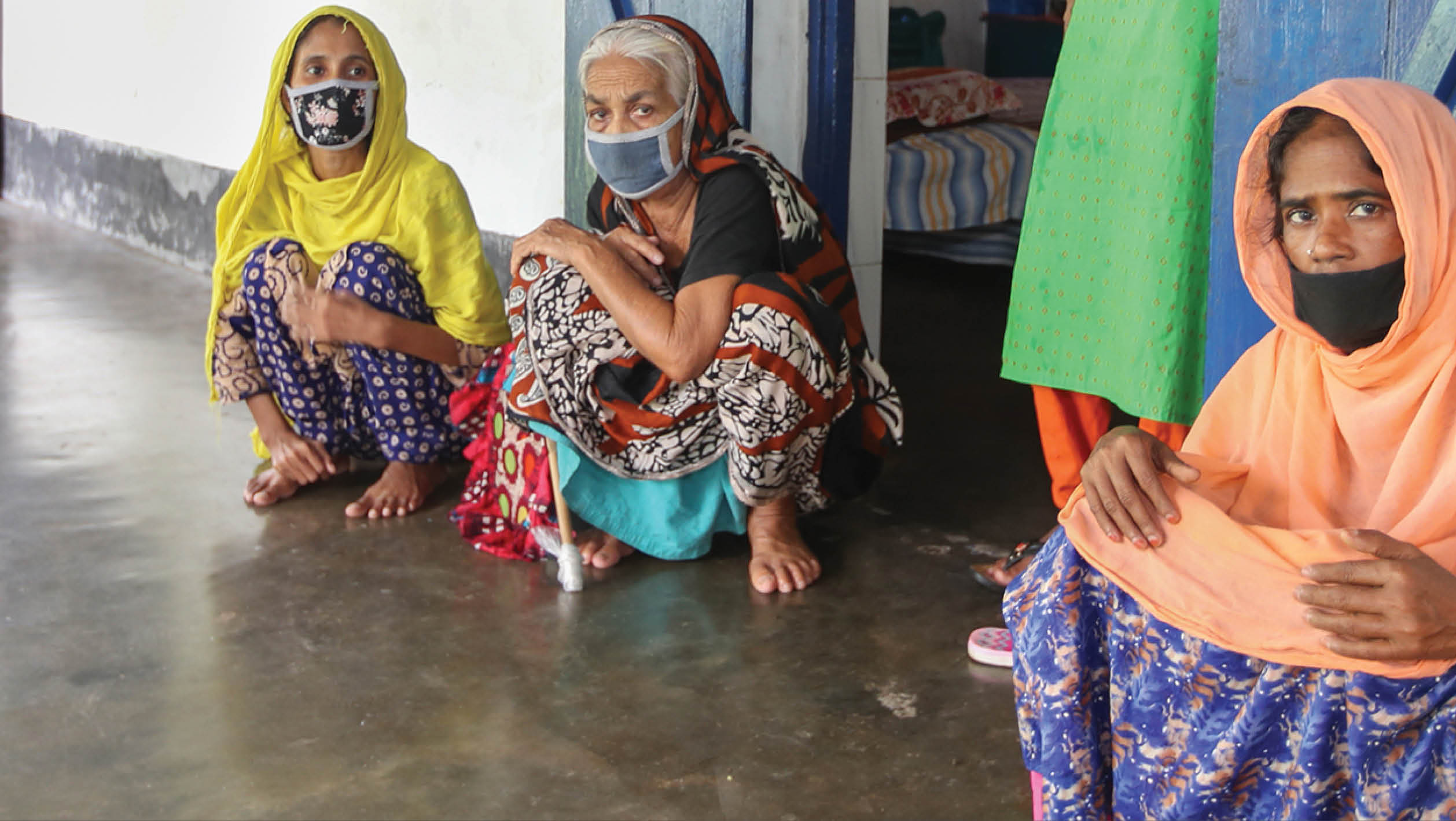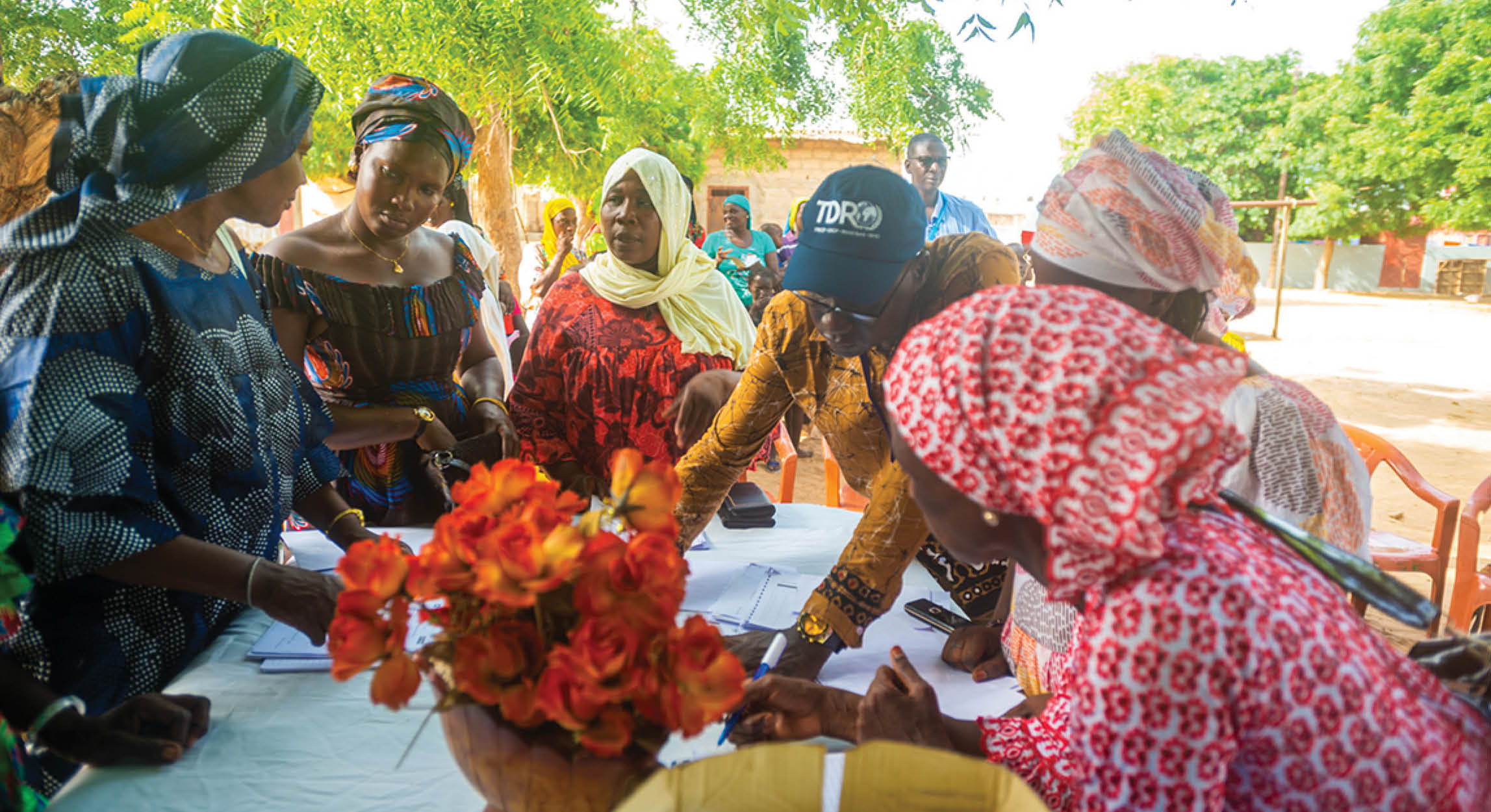



Testing
mosquito
sterilization
to control dengue, Zika and chikungunya
TDR and WHO’s Department of Control of Neglected Tropical Diseases have collaborated with the International Atomic Energy Agency and its joint division with the Food and Agriculture Organization to develop guidance on testing the Sterile Insect Technique (SIT) to control diseases carried by Aedes mosquitoes such as dengue, Zika and chikunguna.


Improving access
to new treatment regimens
for drug-resistant tuberculosis
TDR, in collaboration with the WHO Global Tuberculosis Programme and technical partners, has developed an implementation/operational research package (ShORRT)
to support the use of all-oral shorter drug regimens for
patients with drug-resistant TB.


Tackling antimicrobial resistance (AMR)
through operational research
36 operational research studies are underway in Ghana, Myanmar, Nepal, Sierra Leone and Uganda as part of TDR’s Structured Operational Research and Training IniTiative (SORT IT).


Promoting
gender-sensitive research
on infectious diseases
With TDR support, the University of Ghana and the University
of the Witwatersrand in South Africa have integrated TDR’s training course on gender-based analysis in vector-borne
disease and climate change research into their Master’s of
Public Health courses.



Building on more than 40 years of experience, we work with our network of researchers and public health practitioners in low- and middle-income countries LMICs to ensure that scientific evidence can be translated into safe, effective, equitable and accessible health solutions for populations suffering from infectious diseases of poverty. This often means studying how interventions that work in clinical trials and pilot settings can be transferred to “real life” settings and scaled up at the national level.
Research for
implementation
to reach vulnerable populations
and accelerate progress towards
universal health coverage

Tuberculosis patients at Jalchatra Hospital in Bangladesh
Mothers participating in the TB and malnutrition screening campaign in Tivaouane district, Senegal

We fund research that national and international programmes have identified as priorities for overcoming obstacles and bridging gaps on the path from innovation to implementation, access and health impact that are not sufficiently addressed by other funders and researchers.







